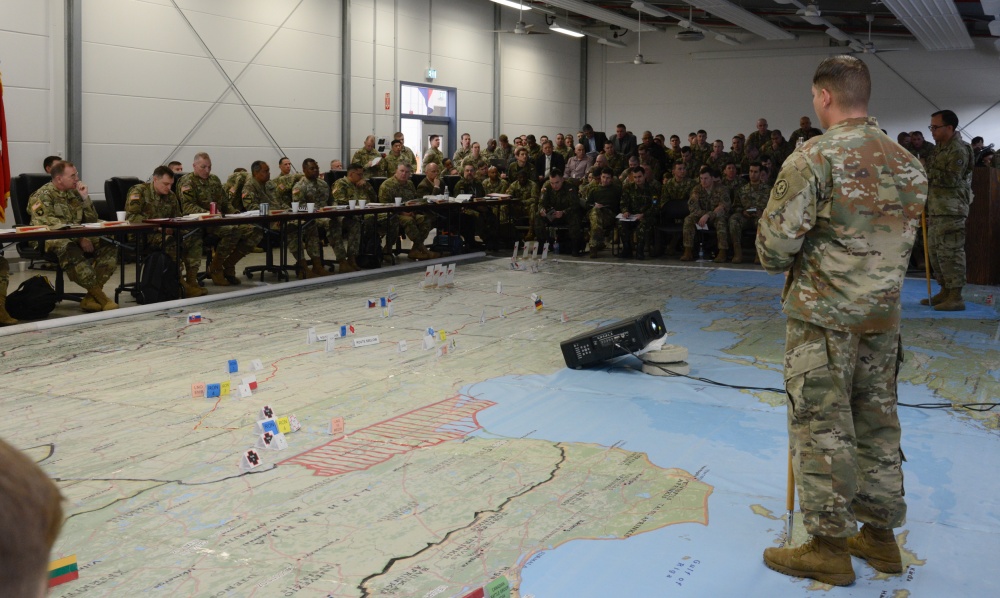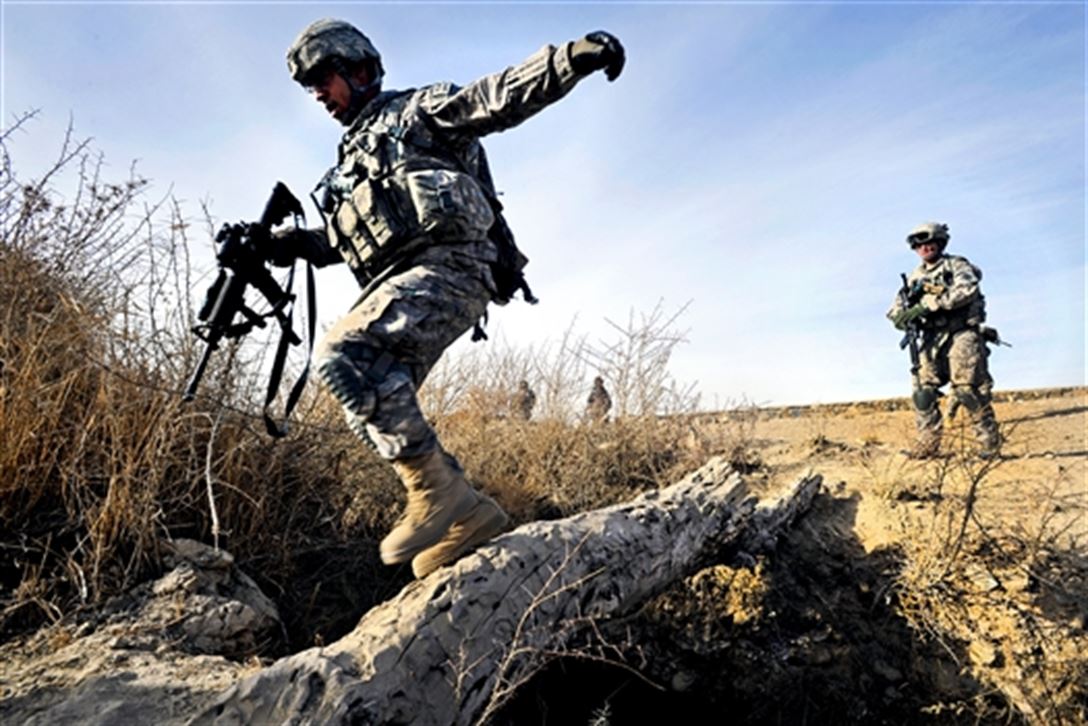
What has been done is enough. It’s hard to think that, for many veterans. Sometimes, those who served struggle with the thought that they could have done more. Whether you served three years or twenty-three, there is a feeling of leaving something on the table, leaving a job undone, somehow failing because not enough was accomplished that leaves veterans unsettled.
Sometimes, that feeling of unfinished business can go deeper. It can actually turn painful. This is especially true when it comes to the loss of a brother or sister; “what more could I have done?” “What if…” When the stakes are extremely high, the pain of unfinished business can be immense, and sometimes unbearable.
It’s those “what ifs” that are gonna get ya.
The challenge, though, that we often feel the weight of unfinished business when the stakes are not extremely high. By dwelling on unfinished business, we’re subconsciously giving ourselves permission to pass judgment on our actions. As service members, we prided ourselves on a job well done. We expect others to do a job well. When a task was to be performed in the military, we were expected to do it, or expected it to be done. We measured others by their ability to complete the tasks set before them; so, of course, we measure ourselves in the same way. Perhaps even more so.
Of course, this is true outside the military as well. You’re not going to get very far in any job if you leave things half done or incomplete. The challenge arises when we take things too far; when we don’t give ourselves credit for the work that has been done, and call it complete.
What Was Done Was Done
I’m not a big fan of the phrase, “it is what it is,” but it’s a statement of basic reality. What happened, happened. There’s no denying that the thing occurred. Whatever we did in the military…front line troop or rear echelon support…has happened. The good, the bad, everything that happened in the past is as complete as it’s ever going to be. We can have regrets about what we didn’t do, things that we didn’t finish, things that others did and we didn’t. To what end? What good can come of it? Sure, we can learn from mistakes and make sure they don’t happen again, but I’m not going to be leading a platoon in Afghanistan again unless something goes really, really wrong in the world.
What Was Done Was Enough
Did you serve six years in the Army Reserve in the mid-1990s? Three years in the Marine Corps in the early 1980s? What you did was enough. You served your country; nothing more was asked of you. When service members raise their right hands and enter the military, we don’t commit to deploying to combat or jumping out of airplanes or doing a thousand of things that are possible in the military. It only requires us to defend against enemies, bear true faith and allegiance, and obey orders. If, after our time in the military is done, we can say that we did those things…finished business.
The problems begin when we put more requirements on ourselves. When we fall into the dangerous trap of the comparison game. We look at what others have done, measure ourselves against it, and call what we did incomplete. Unfinished. And, since no one likes unfinished business, we measure ourselves as less than. Unworthy. Not only do we not give ourselves credit for what we did do, we take value away from it, and make it seem worse than if we had never started it in the first place.
What Wasn’t Done Wasn’t Necessary
Perfectionism, like the “what if” game, is going to get you. “Don’t let the perfect be the enemy of the good,” as the phrase goes. The term “good enough” is like fingernails on the chalkboard for me, and for many veterans, but often, it’s true. History is filled with examples of people tinkering with things far beyond what needed to be done. Steve Jobs and Apple weren’t the first to include graphic user interface or things like a mouse in personal computing; that was done by Xerox in the Palo Alto Research Company in the late 1970s. It took someone like Jobs, though, to walk into the PARC workshops and see what was being endlessly developed and say, “what you have here is good enough” and ran with it.
One deployment? Two deployments? It wasn’t necessary for you to do more. We may tell ourselves that it was…that doesn’t make it true. What was left undone didn’t bring the universe to an end. If we believe what we tell ourselves…we didn’t do enough…then why wouldn’t be believe it if we tell ourselves something different? We did do enough?
What Wasn’t Done Wasn’t Yours to Do
There’s one more aspect of unfinished business. Sometimes, the thing that was “left undone,” in your mind, was through no fault of your own. I have worked with veterans who feel extremely guilty because they went on one deployment with their unit, and then changed duty stations. Any service member or military family member knows that when you’re told to move, you move…see the Oath of Enlistment again. At the next duty station, however, the veteran is connected with their old crew, that goes on another deployment, and lives are lost. “I should have been there,” we tell ourselves. Certainly, our presence might have made a difference; and, just as likely, there was nothing that we could have done. Through no fault of our own, with no effort that we could have done that would have made a difference, things ended the way that they did.
And what has been done is enough.
Want to keep up with all of the Head Space and Timing content? Subscribe Here

The Head Space and Timing Blog is supported by the Colorado Veterans Health and Wellness Agency, a 501(c)3 Nonprofit in Colorado Springs, Colorado. The goal of the CVHWA is to provide military culturally competent mental health counseling to veterans and their spouses, regardless of characterization of discharge, time of service, or era of service. Our vision is to assist veterans to identify and remove barriers to their mental, physical, emotional, and behavioral wellness. For questions or inquiries, contact us!


